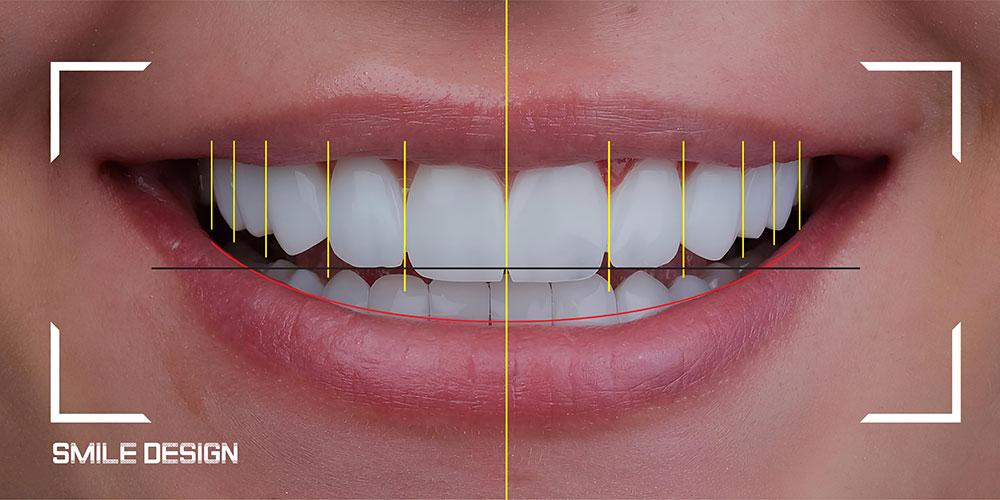Today, one of the most preferred treatment methods for people with tooth loss is a dental implant. Implants have become popular because they are both aesthetically very similar to natural teeth and long-lasting. However, some important points must be considered for implant treatment to be successful. Proper planning, selection of a specialist and the patient's own responsibilities play a critical role in the success of implant treatment.
In this article, what to consider before and after getting a dental implant we will deal with it in detail.
Selection of Specialized and Experienced Physicians
Dental implant is a surgical procedure. Therefore, the success of the treatment largely depends on the knowledge, experience and techniques used by the physician.
- Specialized maxillofacial surgeon or dentist with implantology experience should be preferred.
- The physician's previous implant cases can be examined.
- It is important to make reference patient reviews and research about the clinic.
It should not be forgotten that choosing the right physician is the first step for an implant that will be used for many years without any problems.
Implant Brand and Material Quality
The material from which the implant is made is of great importance for both the reliability and the lifespan of the treatment.
- Titanium is the most widely used material. It is easily tolerated by the body and has high fusion with bone.
- Poor quality, under the stairs implants should definitely be avoided.
- Implant brands that have international certificates and have been on the market for a long time should be preferred.
The price of the implant may vary depending on the quality of the material used. However, compromising on quality for the sake of low price can lead to bigger health problems in the future.
Comprehensive Inspection and Planning
The most important stage of a successful implant treatment pre-assessment and planningIt is.
- Panoramic X-ray or 3D tomography and the jawbone should be examined in detail.
- If bone density and height are not sufficient, additional procedures such as bone powder (graft) or sinus lifting can be performed.
- The general health of the patient should be assessed. Diabetes, blood pressure or immune system problems can affect implant success.
A small detail omitted during the planning phase can lead to the loss of the implant in the future.
General Status of Oral and Dental Health
There should be no active infection, gum disease or caries in the mouth before the implant is placed.
- Tartar should be removed and gum diseases should be treated.
- The risk of implant loss is much higher in patients who do not pay attention to oral hygiene.
Therefore, implant treatment is usually initiated after oral and dental health is completely under control.
Post Implant Healing Process
The points to be considered after the surgical procedure are as follows:
- First 24 hours hot food and drinks should be avoided.
- Smoking and alcohol delay healing and reduce the chances of the implant taking hold.
- Antibiotics and painkillers recommended by the doctor should be used regularly.
- Mouth rinsing should be done as prescribed by the physician.
Tenderness and mild swelling are normal in the first week. However, if there is excessive pain or bleeding, a doctor should be consulted.
Nutrition during Recovery
To increase the success of implant treatment, attention should also be paid to nutrition:
- In the early days soft foods should be preferred (soup, yogurt, puree, etc.).
- Hard and crusted foods should be avoided.
- Drinking plenty of water and eating a balanced diet speeds recovery.
The implants of patients who pay attention to their eating habits fuse faster.
Importance of Regular Checks
Implant treatment is not a one-time procedure; it requires regular follow-up and control.
- In the first few months, you should be examined at intervals determined by your doctor.
- In the long term, dental check-ups at least twice a year are recommended.
- If gingivitis that may occur around the implant is detected early, it is much easier to treat.
When controls are neglected, the risk of implant loss increases.
Paying Attention to Oral Hygiene
The lifespan of the implant is largely oral hygiene depends.
- Regular brushing and flossing are essential.
- Special interface brushes can be used around the implant.
- Antibacterial mouthwashes can be supportive.
Around the implant when gum health is not maintained periimplantitis called inflammation may occur. This can lead to implant loss.
Things to Consider for the Longevity of the Implant
The lifespan of implants is usually 20 years and overor even for life. But there are some things to consider:
- Regular check-ups should not be neglected
- Paying attention to oral hygiene
- Quitting smoking
- If necessary, use night plates for clenching (bruxism)
With the right care, implants can be as strong and long-lasting as natural teeth.
Dental implants offer the most natural and comfortable solution to replace lost teeth. However, the success of the treatment is only possible with the right choice of physician, quality materials, meticulous planning and the patient's own care.
If you are considering implants, You should consult a specialist dentist for a detailed examination, evaluate your options and prepare consciously for the process.
Remember, an implant is not just an aesthetic choice; it is an important investment for healthy chewing, a confident smile and long-term oral health.





